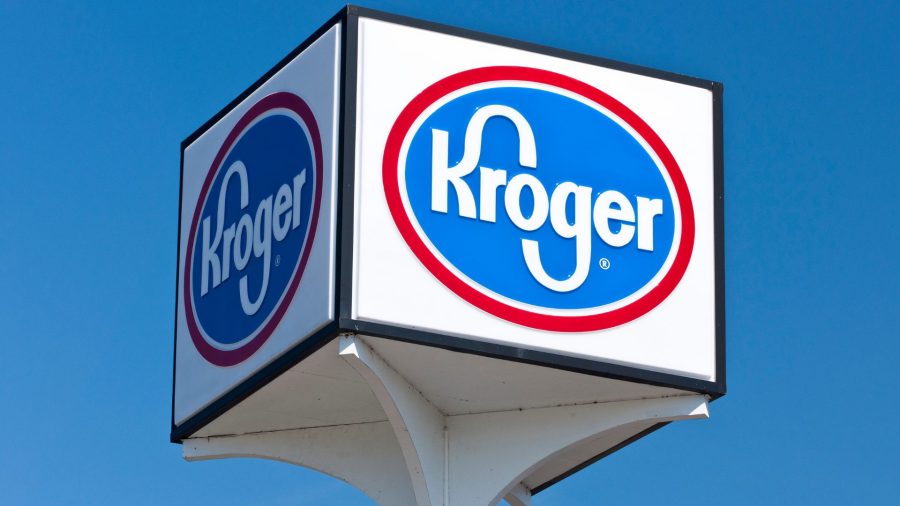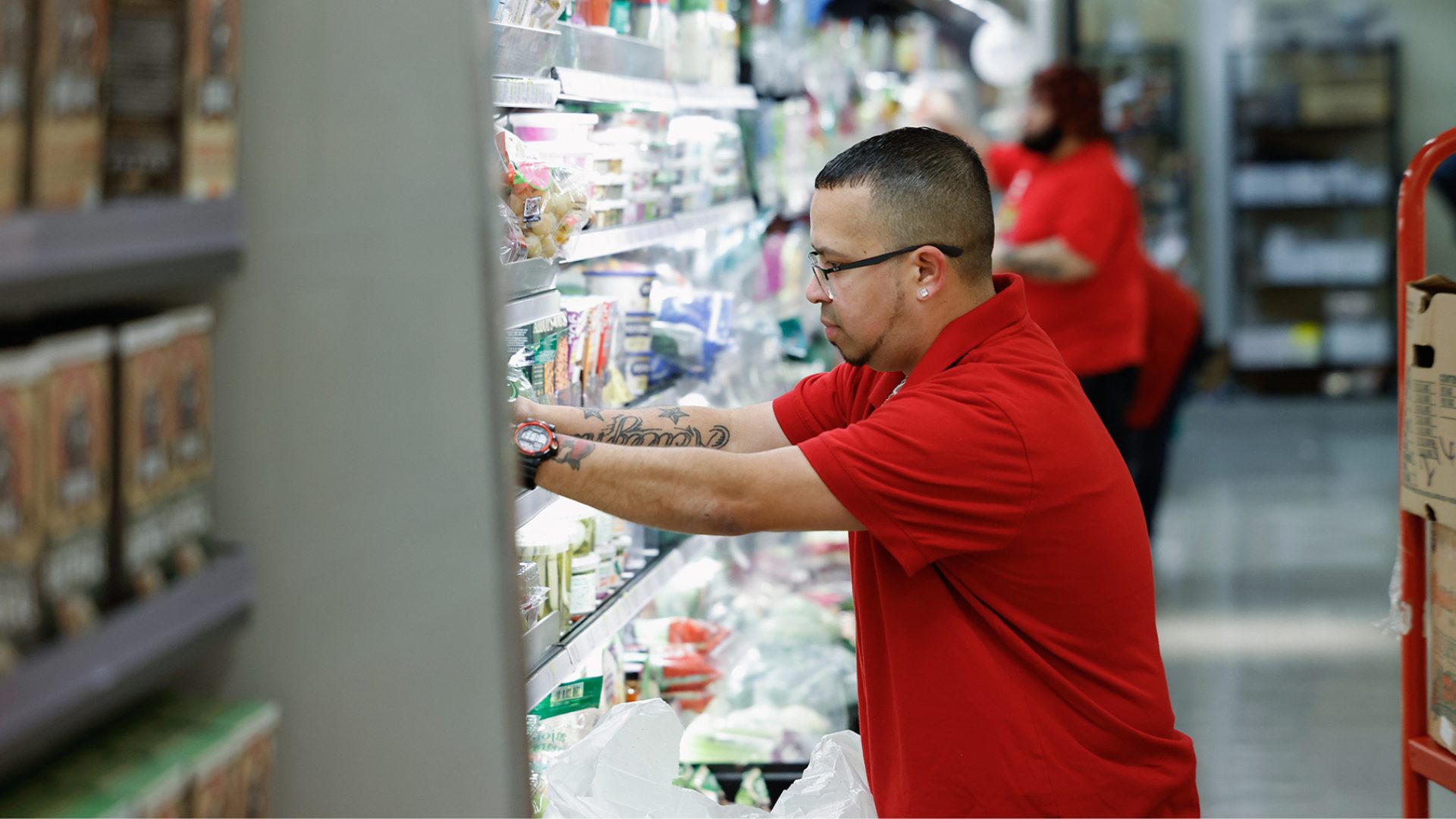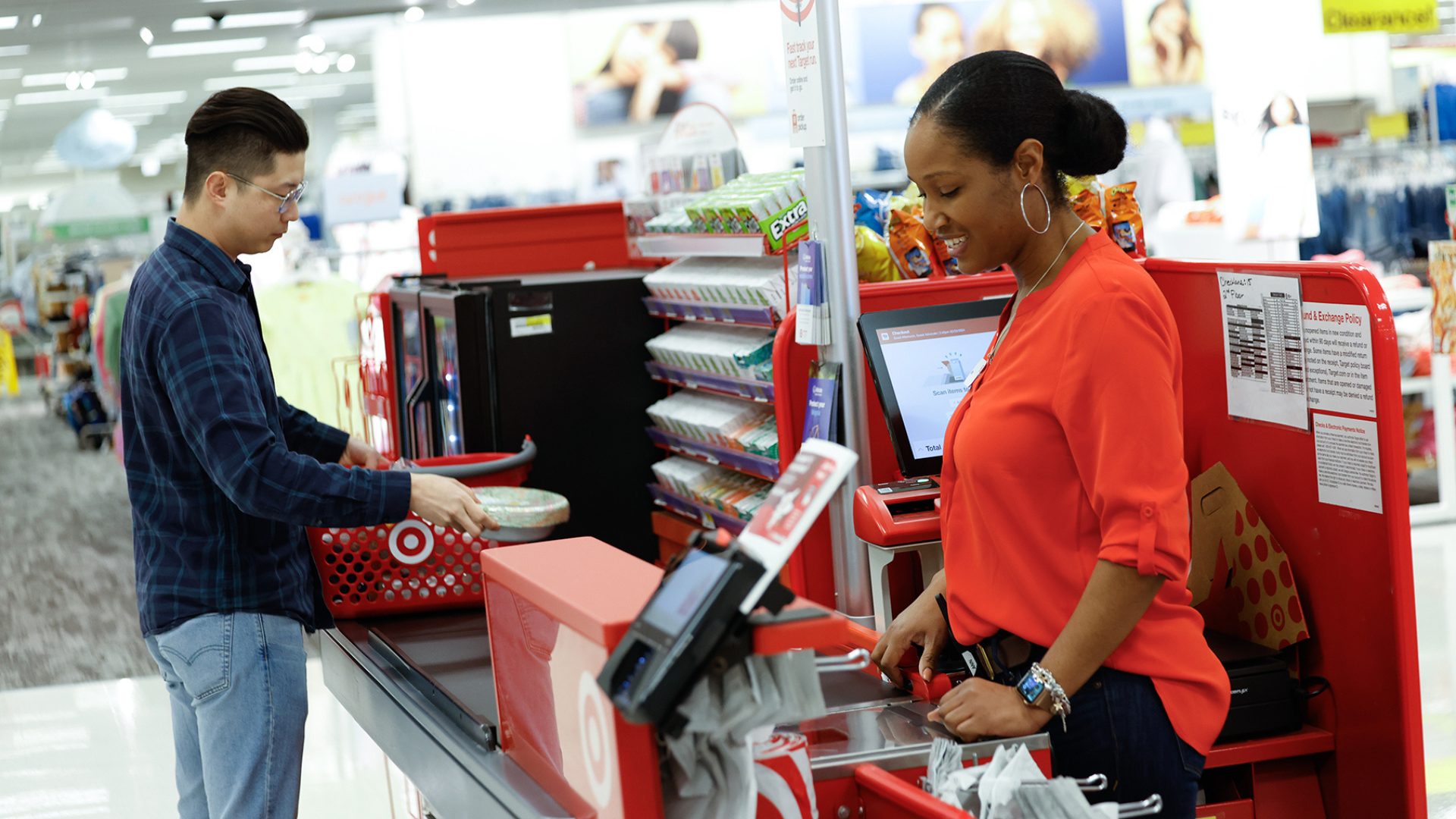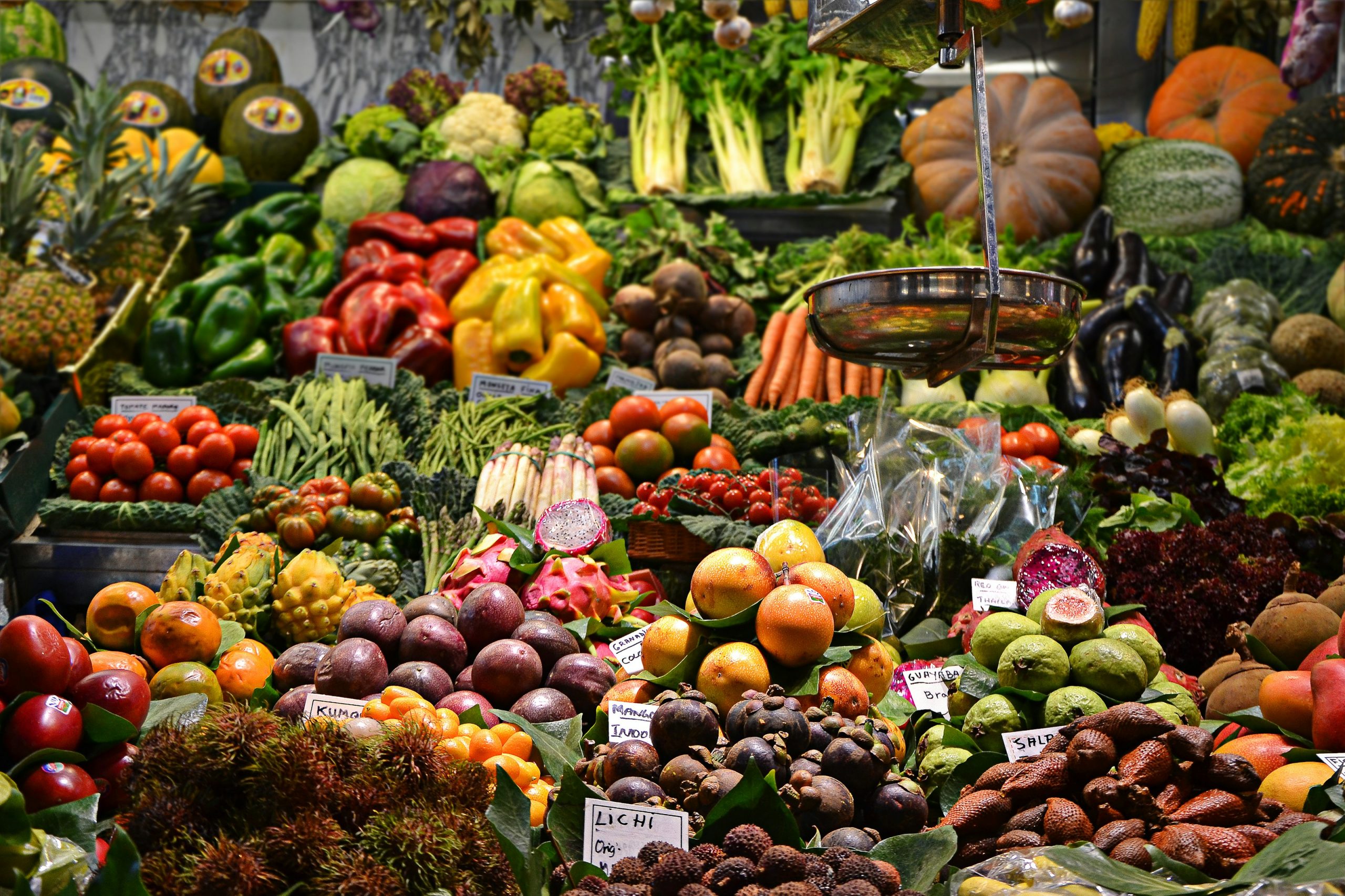On Friday morning, Kroger officially announced its planned acquisition of rival Albertsons for $34.10 per share in cash. Investors promptly sold off Albertsons stock, which fell 8.5% to close at $26.21.
On its face, the decline makes no sense. The Kroger offer should be good news for Albertsons stock. In theory, however, two interrelated factors could show the logic behind the selling.
Most notably, the gap between the trading price and the offer price – a 30% premium – suggests that investors don’t believe the deal actually will go through. The U.S. Federal Trade Commission would need to approve the merger, and that agency has taken a skeptical view of corporate consolidation in recent years.
The partisan political discussion surrounding food inflation adds to the sense that the Biden Administration may want to block this deal.
In that context, investors may feel that the $34.10 per share offer simply isn’t enough. Shareholders must take on the risk of a deal break until at least early 2024, which is when the two companies believe the deal will close.
But in practice, there’s a big problem with that explanation. On Thursday, when Bloomberg first reported the two companies were in advanced talks, Albertsons stock rose 11.5%. Little, if anything, changed the following day.
The reported valuation was in line with the official price tag. Nor should odds of FTC approval have come down, given that the official announcement contained a detailed plan to satisfy regulators. Stores will be divested, and a portion of cost savings directed toward lowering prices and raising wages.
So, what explains the sell-off on Friday?
Broad market weakness is one factor. But the more specific issue may be what Kroger, in particular, didn’t say: why, precisely, it’s trying to make this acquisition.
To be sure, Kroger executives gave a few reasons. A broader national footprint will improve distribution of fresh food. Greater scale – the two companies generated over $200 billion in sales last year – will add purchasing power and improve the private label business. There are some hopes around retail advertising and other initiatives, as well.
But Kroger is offering to pay about $5 billion more for Albertsons stock than the market was willing to on Wednesday. It’s taking on billions more in debt at a time of rising interest rates. Private label products and fresh food don’t justify that kind of effort.
What does is competition, most notably in the form of Amazon, Target and Walmart. Given the premium paid, the debt assumed, and the cost savings being directed to prices and wages, that’s essentially the only logical answer.
And that might well have been what spooked the market. Because, as we wrote in August, independent supermarkets actually have competed quite well in recent years.
Kroger’s move here suggests the company itself is not convinced it can keep that performance going on its own. Albertson’s decision to accept an offer at a price below where its stock traded as recently as April suggests it has its own doubts.
What this merger tells us is this: even after a couple of strong years, for supermarket chains it’s still all about Walmart and Amazon.
Vince Martin is an analyst and author whose work has appeared on multiple financial industry websites for more than a decade. He is the lead writer at Overlooked Alpha, which offers market-wide and single-stock analysis every week. He has no positions in any securities mentioned.












